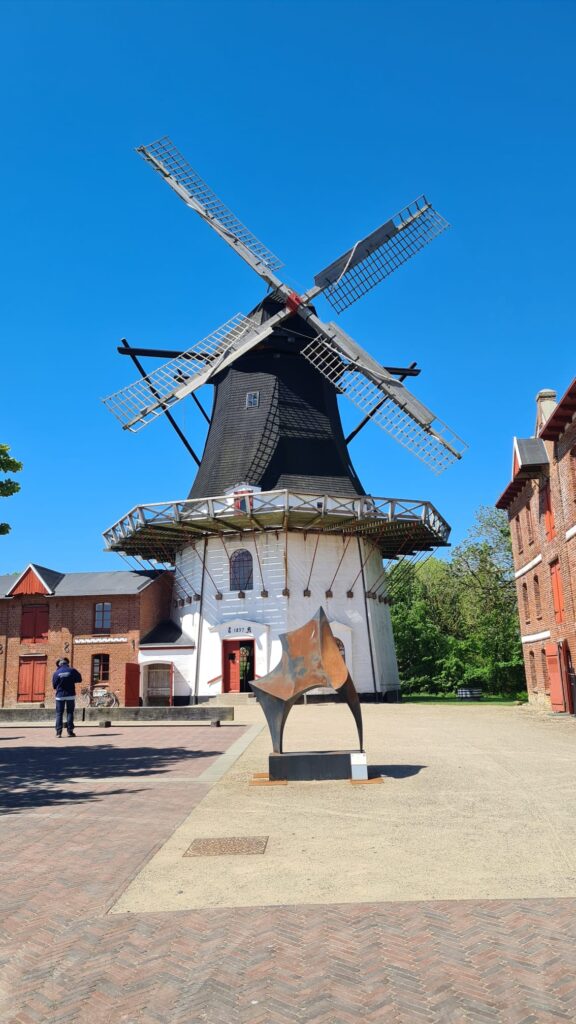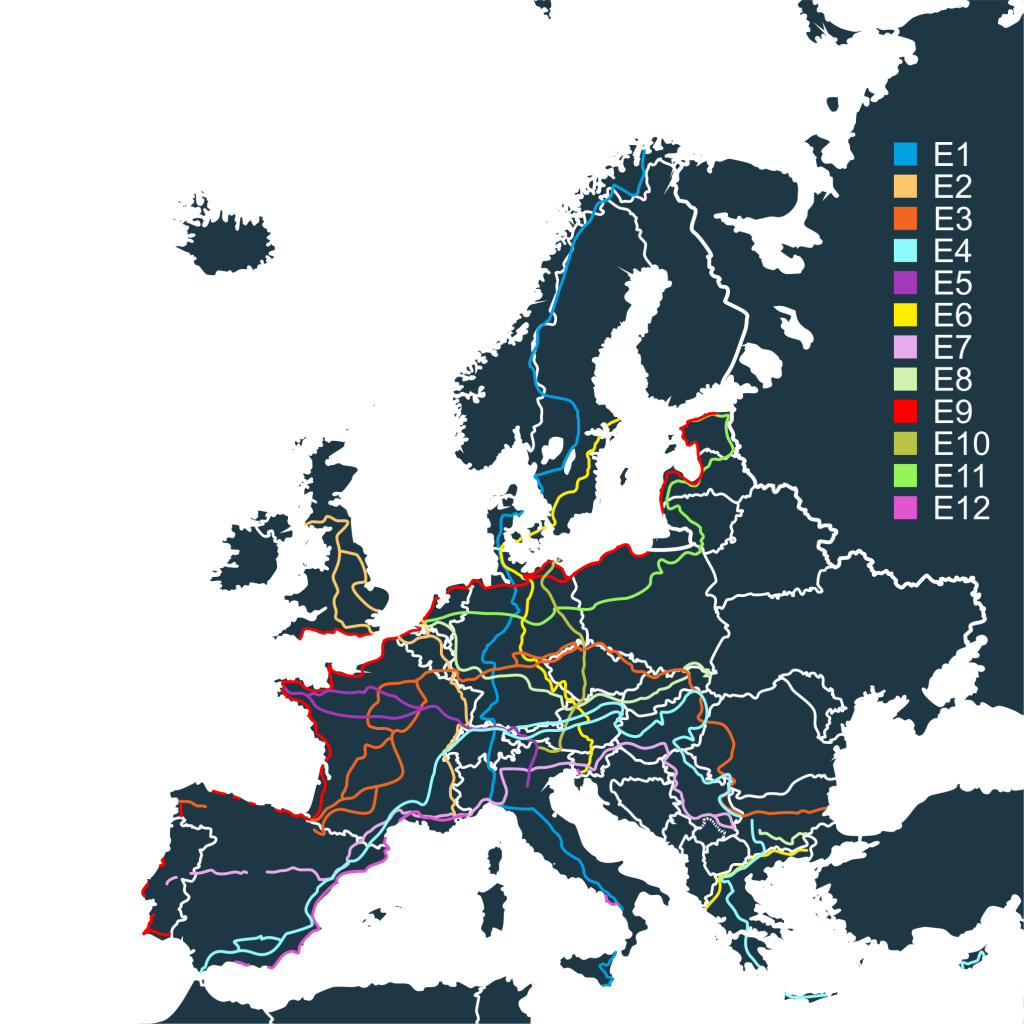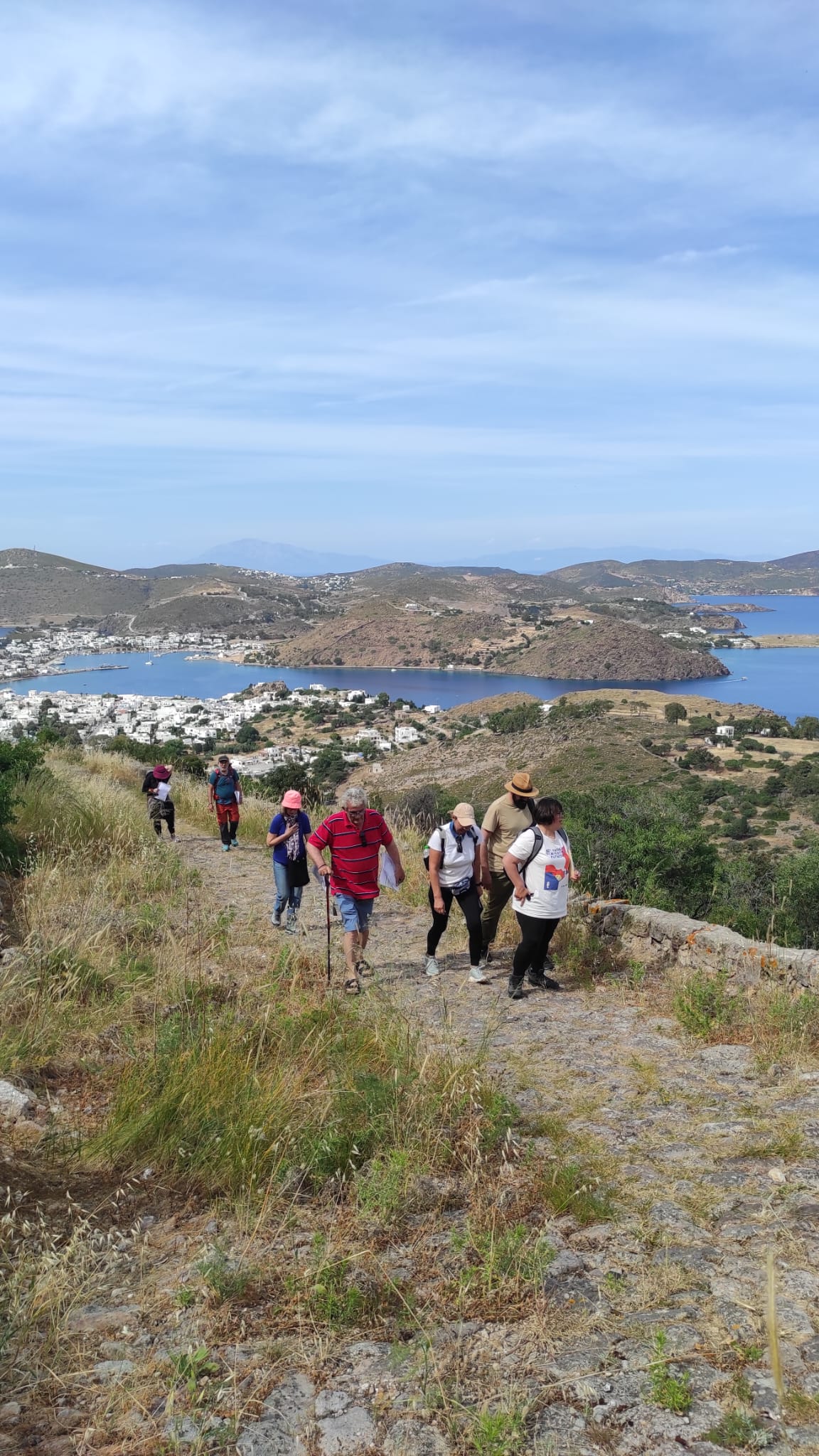Traversing boundaries: The vital role of hiking trails in Europe
Introduction:
As stewards of Europe’s diverse landscapes and cultural heritage, the European Ramblers Association (ERA) recognizes the profound significance of hiking trails in fostering connectivity, sustainability, and well-being across the continent. From the rugged peaks of the Alps to the tranquil shores of the Baltic Sea, hiking trails serve as pathways to explore the natural beauty, rich history, and shared values that unite us as Europeans.

Preservation of natural spaces:
At the heart of hiking trail networks lie Europe’s natural wonders – forests teeming with biodiversity, majestic mountains adorned with alpine flora, and pristine coastlines lapped by azure waters. By establishing and maintaining hiking trails, we play a crucial role in conserving these invaluable ecosystems, minimizing human impact, and safeguarding the habitats of countless species.

Cultural heritage and identity:
Echoes of the past resonate along Europe’s historic trails, where the footsteps of ancient traders, pilgrims, and settlers still echo. These pathways weave through landscapes steeped in legend and lore, connecting sacred sites, medieval villages, and architectural marvels. By preserving and promoting these cultural routes, hiking trails preserve our collective memory, fostering a sense of belonging and continuity with the past.

Regional development and sustainability:
In Europe’s rural communities, hiking trails serve as catalysts for sustainable development, breathing new life into remote regions and revitalizing local economies. By attracting visitors to lesser-known destinations, trails create opportunities for small businesses, artisans, and hospitality providers, while promoting responsible tourism practices that respect nature and support community well-being.

Health and well-being:
The healing power of nature is a cornerstone of hiking trail experiences, offering sanctuary for body, mind, and spirit. Studies show that outdoor time improves mental health, reduces stress, and enhances physical fitness. Accessible and well-maintained trails provide inclusive spaces for individuals of all ages and abilities to reconnect with nature, promoting holistic well-being and a sense of vitality.

Cross-border cooperation and unity:
In an ever-changing world, hiking trails stand as symbols of unity and cooperation, transcending political boundaries and fostering mutual understanding among nations. European long-distance paths (E-paths) crisscross the continent, linking countries, regions, and diverse landscapes in a tapestry of cultural exchange and friendship. By promoting cross-border collaboration, hiking trails strengthen the bonds that unite us as Europeans.

Climate action and environmental education:
As ambassadors for sustainability, hiking trails inspire environmental stewardship and climate action. Through interpretive signage, guided tours, and educational programs, trails educate hikers about local ecosystems, wildlife conservation, and the importance of sustainable living. By empowering individuals to become stewards of the environment, hiking trails pave the way towards a greener, more resilient future for generations to come.

Conclusion:
In the tapestry of Europe’s landscapes and cultures, hiking trails weave a thread of connection, conservation, and community. As members of the European Ramblers Association, let us continue to champion the vital role of hiking trails in preserving our natural and cultural heritage, promoting sustainable development, and nurturing the well-being of all who tread upon them. Together, we walk towards a future where every step taken on a hiking trail is a step towards a more united, sustainable, and harmonious Europe.

